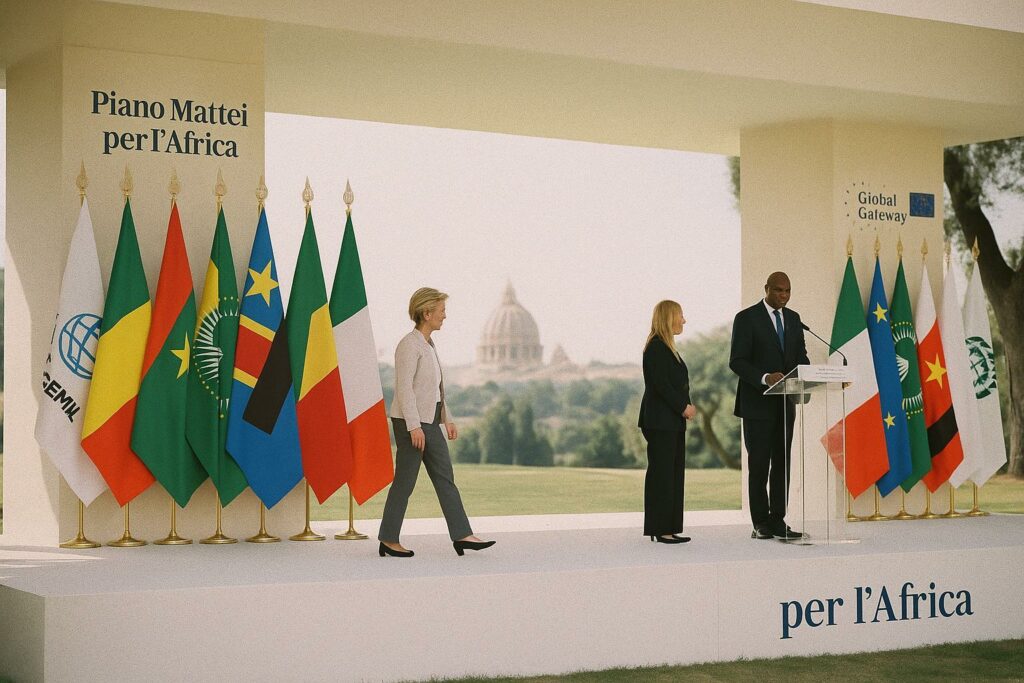Political Repression in Rwanda: A Persistent Narrative
The political landscape in Rwanda remains fraught with tension, as evidenced by the recent arrest of opposition leader Victoire Ingabire. Ingabire, known for her staunch criticism of President Paul Kagame, was apprehended following her involvement in a case linked to the distribution of a politically significant book. The book, by Serbian author Popovic, entitled ‘How to Topple a Dictator,’ advocates for non-violent resistance against authoritarian regimes. This arrest was perceived by many, including Ingabire’s legal team, as yet another politically motivated attempt to stifle opposition voices in the country.
Legal Implications and International Reactions
Ingabire’s arrest has sparked a wave of reactions from international human rights organizations and political analysts, who view it as a clear indicator of Rwanda’s stringent stance on dissent. The timing of her detention, immediately after her participation in a sensitive case, raises serious questions about the protections afforded to political figures within the nation. Despite international advocacy for democratic reform, Rwanda continues to deploy legal measures to suppress political activism, a strategy that has consistently marred its human rights record.
Cameroon’s Cinematic Renaissance: A Cultural Initiative
In a stark contrast to Rwanda’s political climate, Cameroon is witnessing a cultural revival through the initiative of Cinémathèque Afrique. Recognizing the absence of cinema halls, which have been a notable void in the Cameroonian cultural landscape for years, this project introduces a mobile digital cinema. The initiative aims to bring African cinematic works to remote regions, thereby preserving and promoting cultural heritage. The initiative’s mobile cinema caravan serves as a beacon of cultural enrichment in villages and underprivileged areas that traditionally lack access to such artistic expressions.
Impact and Regional Cultural Dynamics
The impact of this initiative on Cameroon’s rural communities can be profound, offering not only entertainment but also an educational resource. By exposing audiences to narratives from across Africa, the project fosters a greater understanding of the continent’s diverse stories and experiences. Moving beyond merely filling the void left by the absence of traditional cinema, it can create new social spaces for dialogue and community cohesion. As Cameroon moves forward with its cultural mission, it stands as a model for similar endeavors across the continent, highlighting the significant role of culture in societal development.
Conclusion: Divergent Paths in African Society
The juxtaposition of Rwanda and Cameroon’s current socio-political and cultural trajectories presents a vivid illustration of the varied paths African countries are navigating. Rwanda’s crackdown on political dissent contrasts sharply with Cameroon’s embrace of cultural innovation, embodying two distinct narratives within the continent. As Rwanda continues to face international scrutiny for its authoritarian tactics, initiatives like those in Cameroon offer a hopeful vision of cultural revitalization and community engagement. These divergent narratives underscore the complex dynamics shaping African society today, with each nation facing its own unique challenges and opportunities.

